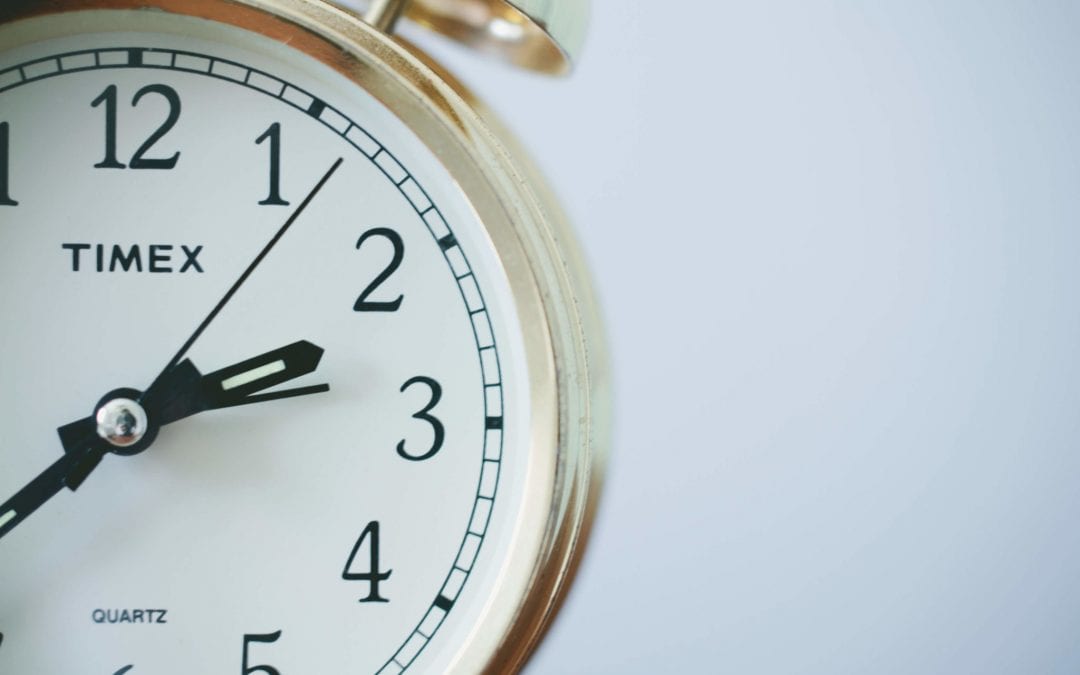According to Glassdoor, the interview process can now on average take over 20 days. That’s up 10 days from 2011, and the now even lengthier process asks candidates for much more than patience. Everything from background checks, skill tests, and personality tests have seen an increase during the hiring process.
While time spent in limbo seems to be trending upward, it’s important to note that hiring processes vary by cities that serve as hubs for specific industries and age groups. For example, federal government jobs in D.C take the most time when vetting candidates. Looking to attract millennials? You might want to keep things more concise and take note from accountancy giant firm KPMG.
To better suit the new generation that will make up 75% of the global workforce by 2025, KPMG has swapped three separate assessments over several weeks for a two-day max. How did they arrive
With looming cost per bad hire numbers in every LinkedIn feed, trying to avoiding costly mistakes during the hiring process only makes sense. However, slow hiring does not always improve the quality of candidate – it’s your firm’s own tried and true process combine with careful questions and genuine standards that will uncover the right candidate.
In fact, overt slow hiring could deter top performers from sticking around. If top talent is often contacted and has more options, forcing them through extra hoops or taking extra time for a decision could cause them to drop off.
For more information on how the interview process can vary by location, industry, and geography, check out Glassdoor’s Economic Research Report.





